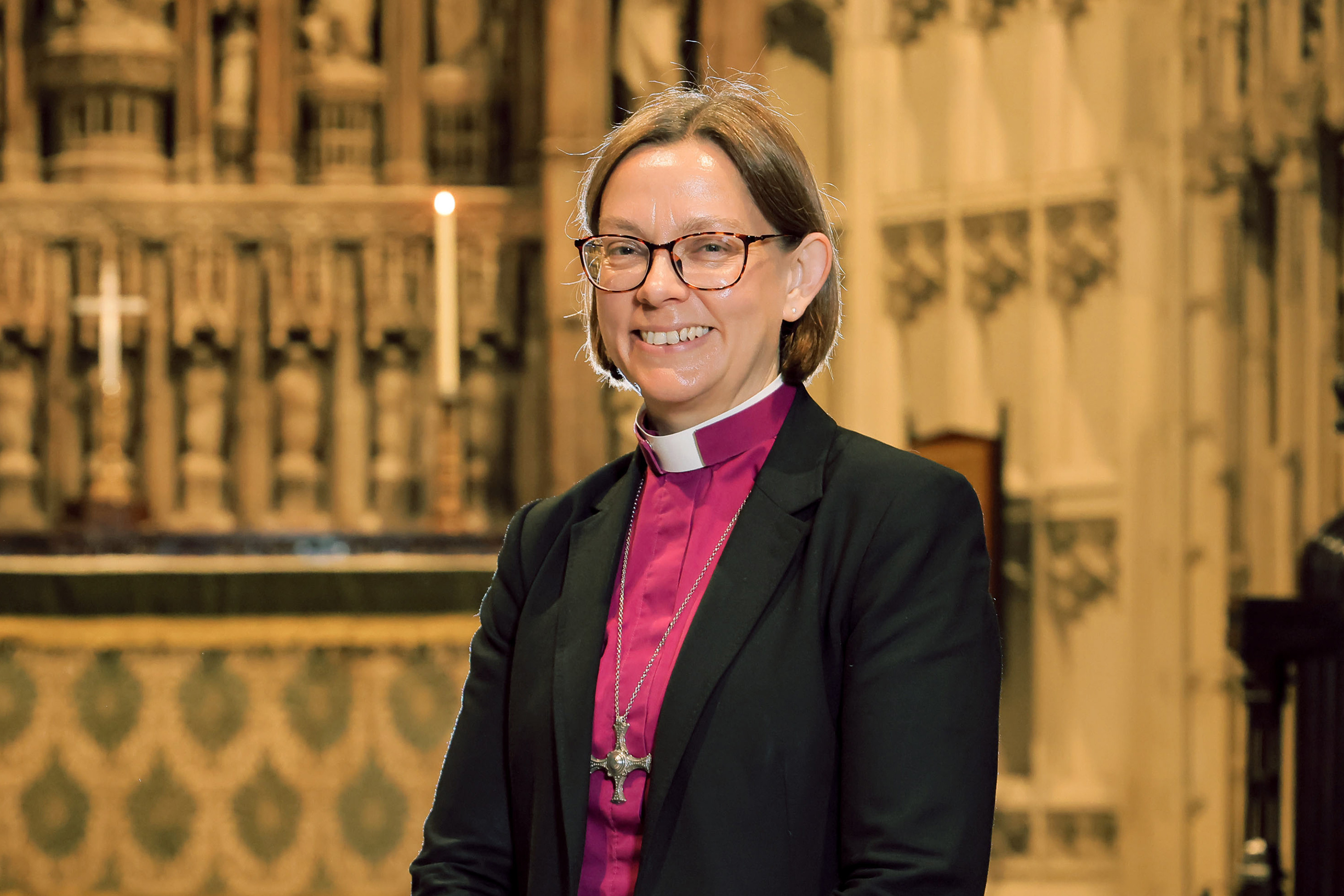
Ad Clerum from Bishop Helen-Ann
Dear sisters and brothers in Christ,
This coming Sunday is designated as ‘Safeguarding Sunday’. The Christian safeguarding organisation ’thirtyone:eight’ who began this annual event draws its name from a verse in the book of Proverbs: ‘Speak up for those who cannot speak for themselves; defend the rights of all those who have nothing. Speak up and judge fairly, and defend the rights of the poor and needy’. Back in July ‘thirtyone:eight’ announced the theme for this year as ‘Let’s Talk About It’. Their website says this: ‘Many churches are working hard to get safeguarding right. However, to truly create places that are safer for all, we need to create open cultures where abuse has nowhere to hide’. Since July, a lot has happened. Since the start of this week, more than a lot has happened.
At our Diocesan Synod last Saturday, I began my address by acknowledging the recent publication of the Makin Review into the abuse perpetrated by the late John Smyth. The Report further highlighted persistent failures in how the Church of England has dealt with safeguarding. In all of this, I told Synod members ‘we need to remember the many victims and survivors of Smyth’s abuse and all who continue to be impacted by church-related abuse today’. The publication of the Makin report subsequently led to the resignation of the Archbishop of Canterbury on Tuesday. On Wednesday I issued a statement in response to his resignation, given I had publicly called for it on Monday along with expressing great concern at the tone and content of a letter I had received from both archbishops on Friday 1st November about another Learned Lessons Review which we have a particular relationship to in the Diocese of Newcastle. There is no need to repeat my words here but this does give me an opportunity to offer my deepest gratitude to the many people who have contacted me to offer their support. It has been an incredibly difficult week personally, but I stand by everything I said and the actions I took. Effecting culture change in the Church of England over safeguarding is still an urgent task, and it won’t be brought about by me as your bishop (or indeed any other bishop) colluding with a conspiracy of silence. That goes against what the theme of this year’s Safeguarding Sunday invites us to do: talk. I would also like to pay tribute to Church House and Bishop’s House staff, particularly our Communications Team for their exceptional work over the past few days, which continues.
Let me finish with two more reflections. Firstly, to offer gratitude and encouragement to Parish Safeguarding Officers. Thank you for all that you do. In response to our INEQE Audit, we are in the process of restructuring our safeguarding provision in the diocese which will ultimately add capacity to what we are able to offer to parishes and churches. We also recently welcomed insights from researchers at The University of Sunderland who presented at Bishop’s Council and whose report was recently shared at Diocesan Synod. Their research methodology (‘a community of enquiry’) focused on our fear of handling safeguarding matters as something that can hold us back in addressing concerns. I anticipate their recommendations being picked up by our new safeguarding team and cascaded across our diocese in the coming months. Finally, this Safeguarding Sunday let us continue to acknowledge the victims and survivors of church-related abuse, and offer continued lament for failings that ultimately weigh heavily on all our consciences. Safeguarding is everyone’s responsibility so I invite you to join with me in advocating for honesty, trust, transparency, independence and accountability when it comes to safeguarding in the Church of England and an end to silence and fear.
+Helen-Ann Newcastle